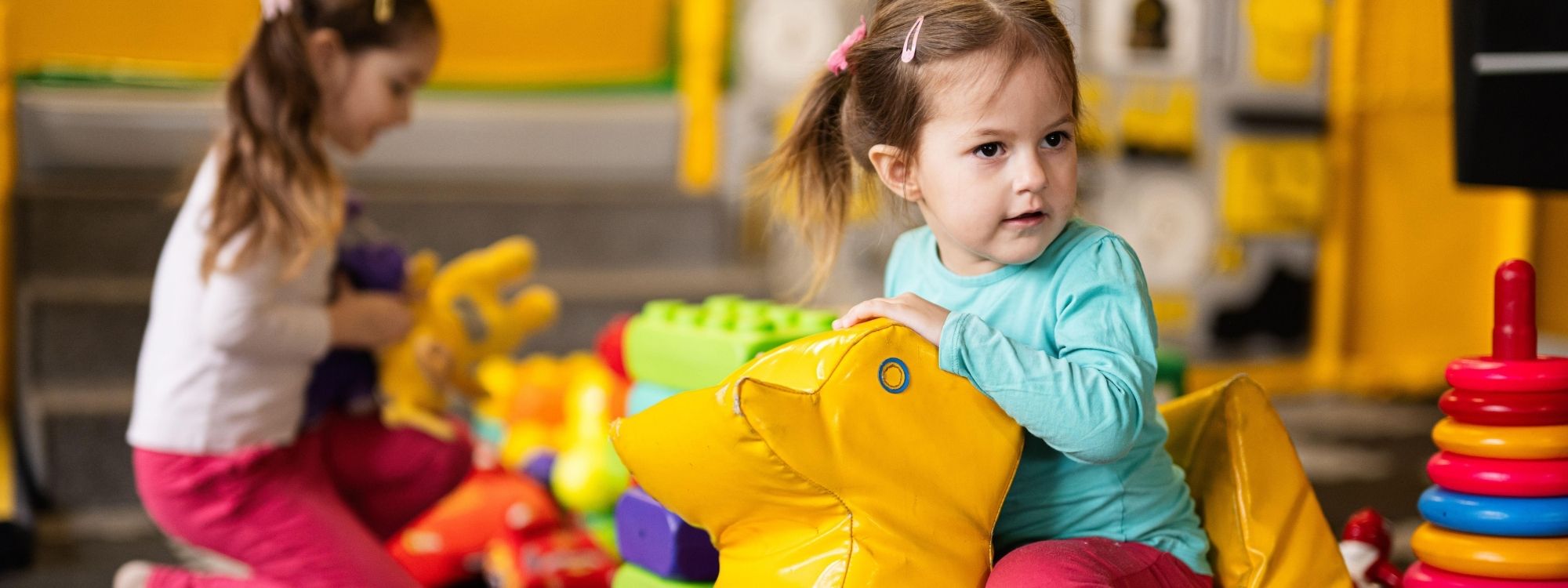How to Get Certified in ABA Therapy: A Step-by-Step Guide
Applied Behavior Analysis (ABA) therapy is a science-based approach used to support individuals with behavioral and developmental disorders, particularly those with autism spectrum disorder (ASD). ABA therapists use evidence-based practices to promote positive behavior change and improve social skills. Read on to learn: How to Get Certified in ABA Therapy.
If you’re wondering how to get certified in ABA therapy, this guide will walk you through the process, covering everything from educational requirements to certification programs, supervised experience, and career paths. Whether you aim to become a Registered Behavior Technician (RBT), Board Certified Assistant Behavior Analyst (BCaBA), or Board Certified Behavior Analyst (BCBA), understanding the certification requirements and career expectations is essential for aspiring ABA therapists.
Understanding ABA Therapy Certification Levels
ABA certification is structured into different levels, each requiring specific education and experience. Choosing the right path depends on your career goals and desired education level.
1. Registered Behavior Technician (RBT)
An RBT is an entry-level professional trained to provide behavior analytic services under the supervision of experienced ABA therapists. They play a crucial role in implementing treatment plans designed by BCBAs to support individuals with behavioral challenges. RBTs work directly with clients, collecting data, monitoring progress, and reinforcing positive behavior changes.
- Requires a high school diploma or equivalent.
- Must complete a 40-hour training program.
- Passes the RBT competency assessment and the RBT exam.
2. Board Certified Assistant Behavior Analyst (BCaBA)
A BCaBA is a mid-level professional who provides behavior analytic services under a BCBA’s supervision. They assist in developing and implementing behavior intervention plans while working closely with both clients and supervising BCBAs. BCaBAs often help train RBTs and other team members to ensure consistent application of behavior analysis strategies.
- Requires a bachelor’s degree in psychology, education, or a related field.
- Must complete a Verified Course Sequence (VCS) approved by the Behavior Analyst Certification Board (BACB).
- Passes the BCaBA certification exam.
3. Board Certified Behavior Analyst (BCBA)
A BCBA is an advanced-level professional who can practice independently and provide behavior analytic services, develop treatment plans, and supervise other professionals. They are responsible for conducting assessments, creating individualized intervention plans, and ensuring treatment effectiveness through data-driven decision-making.
- Requires a master’s degree in applied behavior analysis, psychology, or a related field.
- Completion of a BACB Verified Course Sequence.
- A minimum of 1,500-2,000 hours of supervised experience.
- Successful completion of the BCBA exam.
For those interested in leadership roles or academia, a Doctoral-level BCBA-D is an option that provides additional professional development opportunities.
Educational Requirements for ABA Certification
The path to ABA certification requires formal education, which varies depending on the certification level. Each certification level has specific coursework and training requirements that align with professional competencies. Ensuring that your education meets the Behavior Analyst Certification Board (BACB) standards is crucial for obtaining proper credentials.
Degree Requirements
- RBT: No degree required, only a high school diploma.
- BCaBA: A bachelor’s degree in a related field.
- BCBA: A graduate degree in applied behavior analysis, psychology, or education.
- BCBA-D: A doctoral degree in behavior analysis.
Coursework and Training
- A Verified Course Sequence (VCS) is mandatory for BCaBA and BCBA candidates.
- Courses cover behavior assessment, intervention strategies, ethics, and treatment planning.
- Many employers require coursework from ABAI-accredited institutions to ensure quality education.
Step-by-Step ABA Certification Process
1: Meet Educational Requirements
Before pursuing certification, you must ensure your education level aligns with the certification requirements. Reviewing the specific coursework and training mandates for your desired certification level is crucial. Additionally, seeking guidance from experienced ABA professionals can help clarify the best educational path to achieve your career goals.
2: Gain Supervised Experience
- Supervised experience is required for BCaBA and BCBA certification.
- Hours vary (e.g., 1,500+ supervised hours for BCBA candidates).
- Supervision must be completed under a Board Certified Behavior Analyst.
3: Pass the Certification Exam
- Candidates must take the BACB certification exam.
- Exams assess knowledge of ABA therapy techniques, ethics, and intervention strategies.
- Preparation includes study guides, practice tests, and continuing education courses.
4: Apply for State Licensure (if required)
- Some states have additional licensing requirements beyond BCBA certification.
- Requirements vary based on the state’s certification board and policies.
5: Maintain Certification with Continuing Education
- ABA professionals must complete continuing education (CEUs).
- This ensures therapists stay updated with evidence-based practices and intervention strategies.
How Much Does ABA Certification Cost?
The cost of certification varies depending on the education level and certification path. Tuition fees for ABA certification programs can differ significantly based on the institution, location, and program format. Additionally, candidates should consider expenses related to exam fees, study materials, and supervised experience costs.
Cost Breakdown
| Certification Level | Estimated Cost (USD) |
|---|---|
| RBT Training & Exam | $300 – $600 |
| BCaBA Program & Exam | $5,000 – $15,000 |
| BCBA Master’s Program | $20,000 – $50,000 |
| Supervised Experience Fees | Varies per supervisor |
Financial aid options, including grants, scholarships, and employer tuition reimbursement, can help offset costs.
Career Opportunities and Salary Expectations
ABA therapy offers a successful career path with competitive salaries based on experience and certification level. The demand for ABA professionals continues to grow due to the increasing awareness and need for autism treatment and behavioral intervention. This field provides opportunities for career advancement, with experienced therapists moving into supervisory, research, or private practice roles.
ABA Salary Estimates in the US
- RBT: $30,000 – $45,000 per year
- BCaBA: $45,000 – $65,000 per year
- BCBA: $70,000 – $100,000+ per year
Many employers offer additional benefits such as professional development opportunities, paid training, and bonuses for ABA therapists.
Conclusion: How to Get Certified in ABA Therapy
Becoming an ABA therapist is a rewarding path that allows professionals to make a positive impact on individuals with developmental disabilities. By following the correct education and certification pathway, gaining supervised experience, and staying up to date with professional development, you can establish a successful career in behavior analysis.
At Champions ABA, we support aspiring ABA professionals in building rewarding careers that make a difference. Whether you’re pursuing RBT, BCaBA, or BCBA certification, our expert team is here to guide you. Start your journey today, call (877) 242-1744 or visit our website to learn more.
FAQs
Is ABA therapy free in the USA?
ABA therapy is not universally free, but many insurance plans cover it, especially for autism treatment. Medicaid and private insurances may cover ABA therapy for eligible individuals.
What are the 7 requirements of ABA?
ABA follows seven core principles: Applied, Behavioral, Analytic, Technological, Conceptually Systematic, Effective, and Generality. These ensure treatment plans are structured for long-term behavioral improvement.
How much do ABA therapists make in the US?
Salaries vary by experience and certification. BCBAs earn between $70,000-$100,000, while RBTs earn around $30,000-$45,000 annually.
What is the difference between an RBT and an ABA therapist?
An RBT is a trained technician working under supervision, while an ABA therapist may have more experience and education, often providing more specialized intervention strategies.



